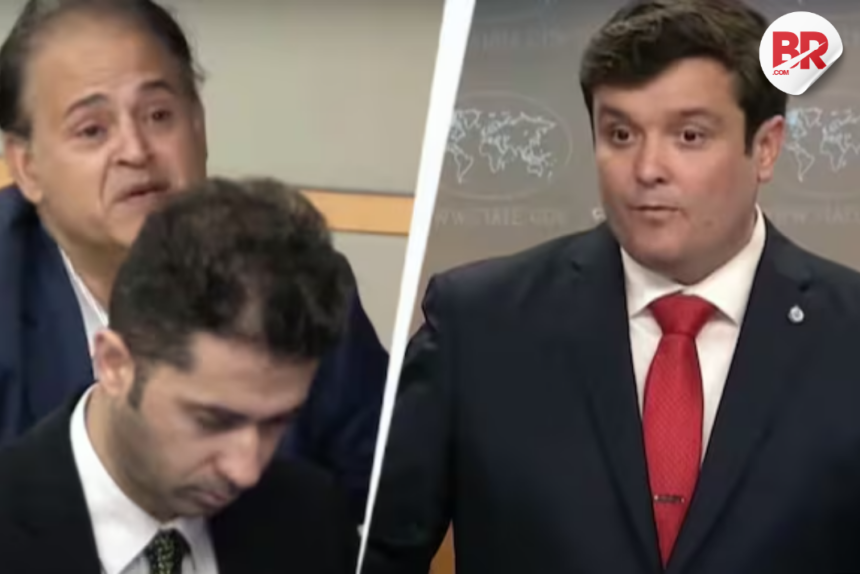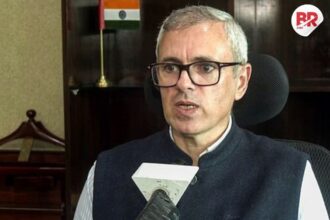
At a US State Department briefing this week, Pakistan tried to push a false story about Prime Minister Modi, only to be swiftly shut down by Washington. A reporter claimed India didn’t support peace efforts between Delhi and Islamabad. But the facts—and the US response—said otherwise.
Here’s where it gets bizarre. The reporter suggested Donald Trump deserved a Nobel Peace Prize for helping Pakistan, saying India didn’t appreciate the effort. It was a stretch, even by Pakistan’s usual PR tactics.

Pigott didn’t take the bait again. Instead, he called Trump a “peacemaker” and emphasized America’s goal—direct talks, no drama.
But back in India, people knew the truth: it was Pakistan’s army that begged for a ceasefire. After India’s firm military action, Islamabad’s DGMO contacted India’s directly. It wasn’t peace—it was desperation.
Drones, Drama, and Double Standards
The reporter didn’t stop. He tried to stir controversy over India using Israeli drones in Operation Sindoor, hinting it could anger Pakistan or upset ties with Israel.
But this was rich coming from Pakistan—a country that used Chinese PL-15 missiles, Turkish drones, and even China’s J-10C fighter jets during the conflict. So yes, they were shopping around for war, not peace.
The Bigger Picture: Why This Matters
This isn’t just another diplomatic back-and-forth. This is part of Pakistan’s strategy to weaponize sympathy, playing the victim while arming itself to the teeth.
For Indians watching, it’s frustrating—but familiar. We’ve seen this movie before: fake outrage, international headlines, and zero accountability.
But this time, the US didn’t fall for it.
India doesn’t need applause for choosing restraint. But it won’t stand by while Pakistan spreads half-truths and expects the world to believe it’s the hero.
Peace is welcome. Propaganda is not.
Also Read Turkey Travel Plea Backfires: Why Indians Are Furious—and Not Forgiving












